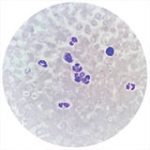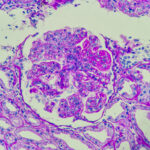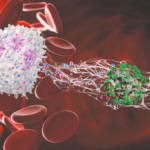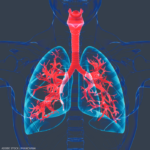Systemic lupus erythematosus (SLE or lupus) is a chronic disease that causes systemic inflammation and affects multiple organs. How do we identify anti-nuclear antibody (ANA) positive patients who may develop full-blown SLE? What therapies are the most effective for which patients? Do biomarkers exist for lupus nephritis (LN)? These are some of the questions lupus expert Graciela S. Alarcón, MD, MPH, MACR, explored in the research abstracts presented at ACR Convergence 2024. Read her commentary, and explore our collection of research reviews, case reports and clinical articles on advances in the diagnosis and management of SLE. Features are added often, so check back frequently.
FEATURED ARTICLE: Lupus & Nightmares


















